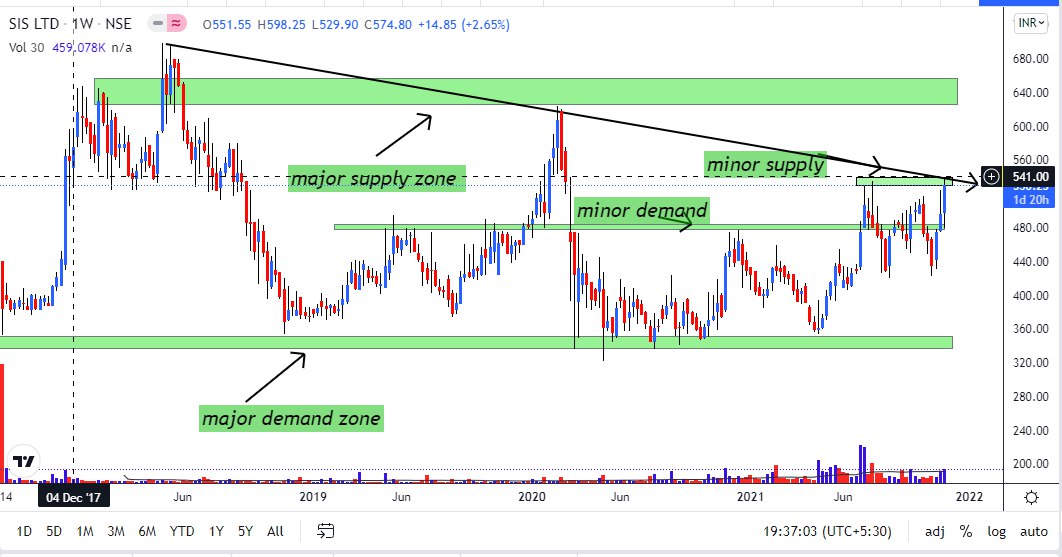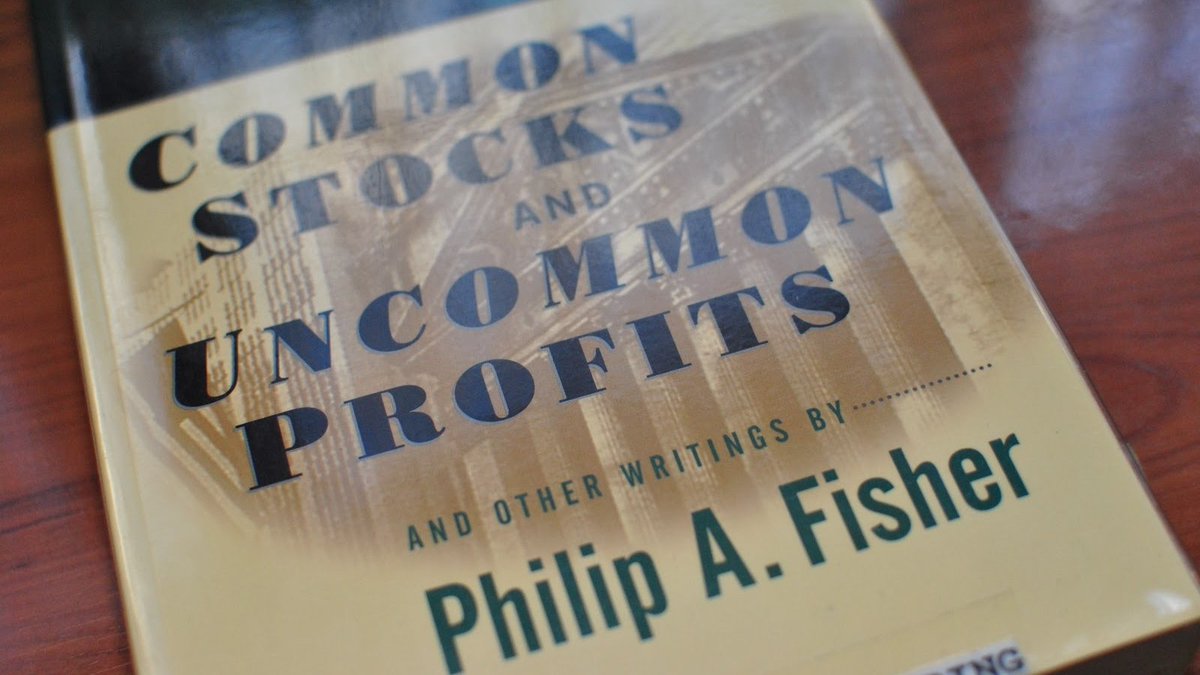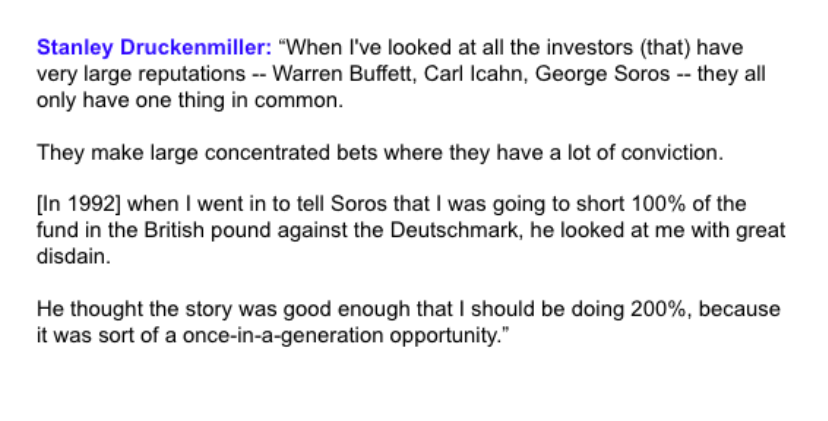I find it very strange that the same sort of people who look back on the financial crisis and austerity as catalysts for great change now seem to see Brexit and Covid as catalysts for great stability.
(And the more that people attempt to deny this point the worse it gets)
More from Objective Columnist
A quote from this excellent piece, neatly summarising a core impact of Brexit.
The Commission’s view, according to several sources, is that Brexit means existing distribution networks and supply chains are now defunct and will have to be replaced by other systems.
Of course, this was never written on the side of a bus. And never acknowledged by government. Everything was meant to be broadly fine apart from the inevitable teething problems.
It was, however, visible from space to balanced observers. You did not have to be a trade specialist to understand that replacing the Single Market with a third country trade arrangement meant the end of many if not all of the complex arrangements optimised for the former.
In the absence of substantive mitigations, the Brexit winners are those who subscribe to some woolly notion of ‘sovereignty’ and those who did not like freedom of movement. The losers are everyone else.
But, of course, that’s not good enough. For understandable reasons Brexit was sold as a benefit not a cost. The trading benefits of freedom would far outweigh the costs. Divergence would benefit all.
The Commission’s view, according to several sources, is that Brexit means existing distribution networks and supply chains are now defunct and will have to be replaced by other systems.
Brexit reality bites: The new dawn of trade friction via @RTENews https://t.co/p6VdlhZUAN
— Tony Connelly (@tconnellyRTE) January 9, 2021
Of course, this was never written on the side of a bus. And never acknowledged by government. Everything was meant to be broadly fine apart from the inevitable teething problems.
It was, however, visible from space to balanced observers. You did not have to be a trade specialist to understand that replacing the Single Market with a third country trade arrangement meant the end of many if not all of the complex arrangements optimised for the former.
In the absence of substantive mitigations, the Brexit winners are those who subscribe to some woolly notion of ‘sovereignty’ and those who did not like freedom of movement. The losers are everyone else.
But, of course, that’s not good enough. For understandable reasons Brexit was sold as a benefit not a cost. The trading benefits of freedom would far outweigh the costs. Divergence would benefit all.
Typically excellent piece from @dsquareddigest The exponential insight is especially neat. Think of it a little like fishing...today you can’t export oysters to the EU (because you simply aren’t allowed to), tomorrow you don’t have a fish exporting business (to the EU).
The extremely small minority of people who known anything about this who think that Brexit will be good for the City make a number of arguments which I shall address in turn...
1. They need us more than we need them. This is a variant of the German carmakers argument. And we know how that went...Business will follow the profit opportunity and if that has moved then so will the business...
And what do we mean by us / we. We’re not talking about massed ranks of Euro investing / trading etc blue blooded British institutions.
Au contraire. We’re talking about the London based subs of US, Asian and indeed European capital markets players...As soon as they think the profit opportunity has moved then so will they...it’s a market innit...
London's status as a financial centre isn't as secure as some might think | Dan Davies https://t.co/q9SU7ra4oF
— The Guardian (@guardian) February 13, 2021
The extremely small minority of people who known anything about this who think that Brexit will be good for the City make a number of arguments which I shall address in turn...
1. They need us more than we need them. This is a variant of the German carmakers argument. And we know how that went...Business will follow the profit opportunity and if that has moved then so will the business...
And what do we mean by us / we. We’re not talking about massed ranks of Euro investing / trading etc blue blooded British institutions.
Au contraire. We’re talking about the London based subs of US, Asian and indeed European capital markets players...As soon as they think the profit opportunity has moved then so will they...it’s a market innit...
More from Finance
You May Also Like
"I lied about my basic beliefs in order to keep a prestigious job. Now that it will be zero-cost to me, I have a few things to say."
We know that elite institutions like the one Flier was in (partial) charge of rely on irrelevant status markers like private school education, whiteness, legacy, and ability to charm an old white guy at an interview.
Harvard's discriminatory policies are becoming increasingly well known, across the political spectrum (see, e.g., the recent lawsuit on discrimination against East Asian applications.)
It's refreshing to hear a senior administrator admits to personally opposing policies that attempt to remedy these basic flaws. These are flaws that harm his institution's ability to do cutting-edge research and to serve the public.
Harvard is being eclipsed by institutions that have different ideas about how to run a 21st Century institution. Stanford, for one; the UC system; the "public Ivys".
As a dean of a major academic institution, I could not have said this. But I will now. Requiring such statements in applications for appointments and promotions is an affront to academic freedom, and diminishes the true value of diversity, equity of inclusion by trivializing it. https://t.co/NfcI5VLODi
— Jeffrey Flier (@jflier) November 10, 2018
We know that elite institutions like the one Flier was in (partial) charge of rely on irrelevant status markers like private school education, whiteness, legacy, and ability to charm an old white guy at an interview.
Harvard's discriminatory policies are becoming increasingly well known, across the political spectrum (see, e.g., the recent lawsuit on discrimination against East Asian applications.)
It's refreshing to hear a senior administrator admits to personally opposing policies that attempt to remedy these basic flaws. These are flaws that harm his institution's ability to do cutting-edge research and to serve the public.
Harvard is being eclipsed by institutions that have different ideas about how to run a 21st Century institution. Stanford, for one; the UC system; the "public Ivys".

































